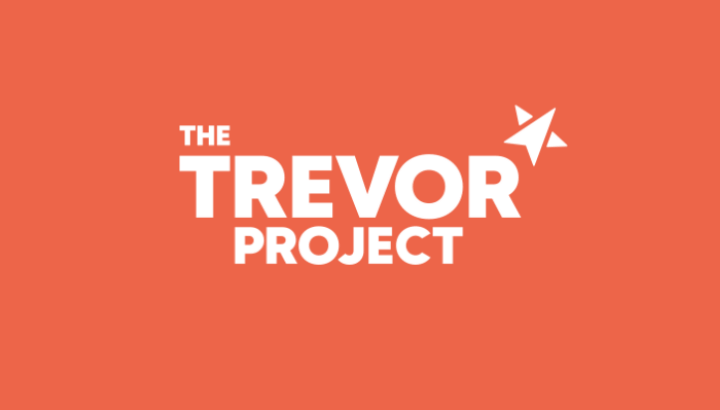Youth's Lives Every Day
To date, nearly half of all states (24) in the U.S. have banned essential health care for transgender young people. For the first time, the Supreme Court will hear a challenge to one of these bans. On December 4, 2024, the Supreme Court of the United States will hear arguments in U.S. v. Skrmetti on whether it is illegal discrimination for Tennessee to ban certain medications for transgender youth that they allow for all other young people. The decision may determine whether other bans like Tennessee’s can stand, or whether they must also be struck down as unconstitutional.
This case before the Supreme Court is simple: the Justices must decide whether discriminatory health care bans like the one passed in Tennessee are constitutional or not. The answer is clear: These bans violate the equal protection clause of the Constitution, as they blatantly discriminate against transgender young people solely because they are transgender.
If Tennessee’s ban is upheld, a young person who is not transgender would be able to receive the same ordinary medication that is denied to another young person simply because they are transgender.
The medication in question is essential for many transgender young people. However, it is also regularly and routinely administered to young people who are not transgender for a variety of potential reasons. While there are many reasons why a young person might need this care, the point is – according to this ban – the care in question only becomes an issue when the young person seeking it happens to be transgender. That is blatant discrimination.
Essential health care for transgender youth may have been discussed more widely in the media recently, but it is nothing new. It’s based on more than four decades of scientific research and medical expert guidance, and backed by every major medical and mental health association in the United States. As The Trevor Project argues in our amicus (“friend of the court”) brief to the U.S. Supreme Court, alongside other youth-serving organizations, research shows that access to health care is significantly associated with better mental health outcomes among transgender and nonbinary young people, a group that faces disproportionate suicide risk compared to their peers. In fact, a 2022 peer-reviewed study published in The Journal of Adolescent Health by researchers at The Trevor Project found that gender affirming hormone therapy was significantly related to lower rates of depression, suicidal thoughts, and suicide attempts among transgender and nonbinary young people.
Conversely, research has found policies that restrict the rights of transgender youth negatively impact mental health among transgender and nonbinary young people. A 2024 peer-reviewed study published in Nature Human Behaviour found that anti-transgender state laws, such as the Tennessee law in this case, directly caused an increase in suicide attempts among transgender youth by up to 72%. A 2023 poll found 86% of transgender and nonbinary youth said recent debates about state laws restricting the rights of transgender people have negatively impacted their mental health.
Due to the record wave of anti-transgender legislation considered in states across the country, this essential health care has become increasingly politicized – and misinformation, stereotypes, and animus have been enshrined into unconstitutional laws. The reality is this care has been recommended and routinely offered by health care providers treating transgender patients for decades. And the overwhelming majority (95%+) of people who receive this type of care report being satisfied with treatment.
Young people’s health care decisions should be made between young people, their parents, and their providers – not by the government. Neither the courts nor the legislature should make personal health care decisions for any patients, let alone strip transgender youth of ordinary, essential health care that their non-transgender peers will still be able to receive. The Trevor Project urges the Court to follow science and fairness by striking Tennessee’s ban and others like it.


